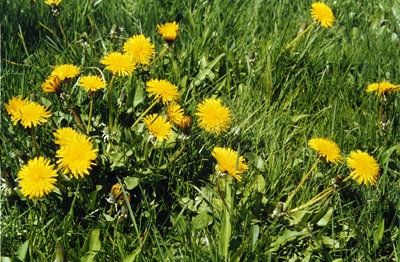All Nonfiction
- Bullying
- Books
- Academic
- Author Interviews
- Celebrity interviews
- College Articles
- College Essays
- Educator of the Year
- Heroes
- Interviews
- Memoir
- Personal Experience
- Sports
- Travel & Culture
All Opinions
- Bullying
- Current Events / Politics
- Discrimination
- Drugs / Alcohol / Smoking
- Entertainment / Celebrities
- Environment
- Love / Relationships
- Movies / Music / TV
- Pop Culture / Trends
- School / College
- Social Issues / Civics
- Spirituality / Religion
- Sports / Hobbies
All Hot Topics
- Bullying
- Community Service
- Environment
- Health
- Letters to the Editor
- Pride & Prejudice
- What Matters
- Back
Summer Guide
- Program Links
- Program Reviews
- Back
College Guide
- College Links
- College Reviews
- College Essays
- College Articles
- Back
The Little Garden
A neighbor drops off four yogurt containers worth of banana peels, frozen oranges, and rotten lettuce into the bucket as I weigh a bunch of gloppy food scraps. After weighing the food scraps, I mix them with brown leaves and pour the concoction into a composting tumbler. The work is tiring but oddly satisfying. After two hours, I clean and put away the tools in the shed. Then, the shift leader locks the door, which marks the end of the volunteer shift. This is a typical day at Compost for Brooklyn.
Compost for Brooklyn is a community composting project located in Kensington. Volunteers meet up twice a week to create compost or tend to the garden. This is not a huge organization with thousands of branches nationwide. We don't have a lot of volunteers available very week. After all, many people are turned off by even the thought of working at a garden. To be honest, gardening is a messy task and composting is even messier. Personally, i wasn't excited to volunteer in a garden because I hate bugs and dirt. Who wants to help out in a garden where bugs are lurking in every corner? Plus, gardening is an invitation for dirt to get all over your clothes and hair. I was sure that this was not the place for me. However, this was near my home and I was looking for volunteer opportunities so I decided to check it out.
My first day was actually interesting. One of the shift leaders, Margaret guided me around the garden. She taught me that in order to compost food scraps, we first smash them into little pieces. Then, we add brown leaves in order to start the composting process. The brown leaves add nitrogen to the food scraps, which is why people smell ammonia emanating from the compost.
As I smashed the food scraps, I stared at the garden full of foreign plants. That sight was breathtaking, especially in the sunlight. Margaret told me that most volunteers are stunned by the sight of the garden. After all, people living in the city aren't used to nature in their everyday lives. As a result, they cannot understand the importance of plants. They are often looked down upon as inferior organisms even though we share a lot of similarities. Over time, they grow and eventually prosper with the right surroundings much like humans. This realization convinced me to keep volunteering because I wanted to know more about the environment in general.
As time went by, I learned more about composting. For example, people usually throw away food scraps, which contributes to overcrowded landfills. A solution to this problem is compost because it is made of food scraps; therefore, it will stop landfills from overflowing. This saves space for us because it is impossible to get rid of trash without burning it and that contributes to global warming. Not only that, compost helps plants grow without any crazy pesticides that is commonly used in our food. One day, if we disappear, the environment will still exist. The earth will continue to rotate without us. But little actions like volunteering at your local garden could not only help plants but humanity as a whole. And I would have never learned all of this information if I never volunteered for Compost for Brooklyn. To others, Compost for Brooklyn may be an insignificant little garden, but to me, it's a place of learning an appreciation for the environment and ourselves.

Similar Articles
JOIN THE DISCUSSION
This article has 0 comments.